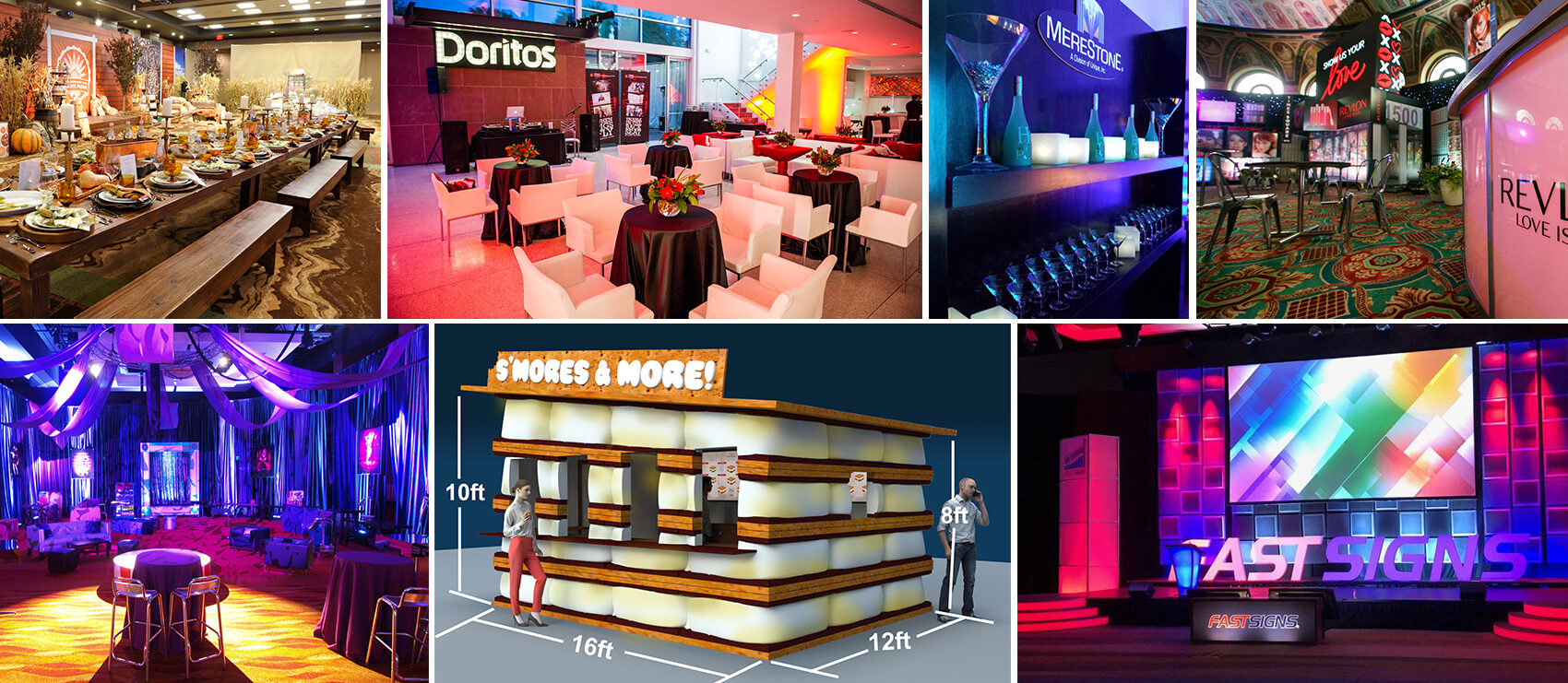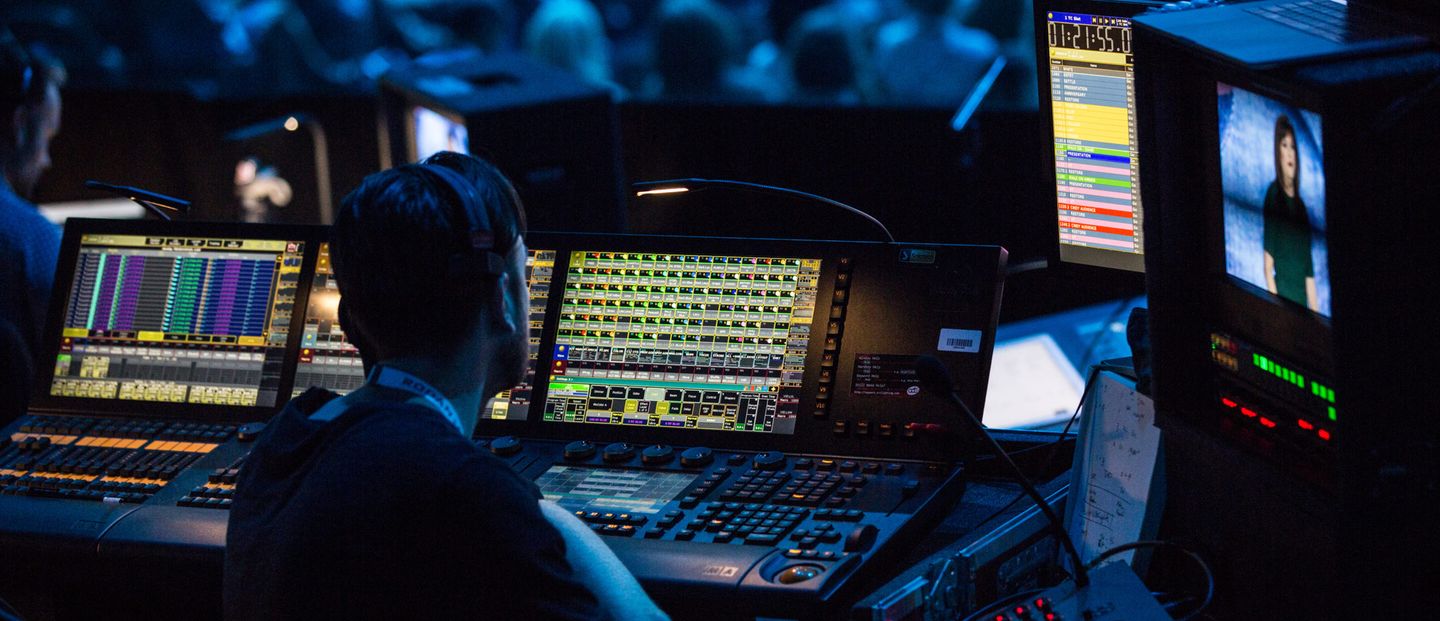Comprehending the Significance of Occasions Management in the Manufacturing Market
The value of events monitoring within the production market can not be overemphasized, as it offers as a pivotal component in linking the gap between creative vision and effective implementation. By highlighting logistical coordination, spending plan adherence, and stakeholder interaction, effective events can raise brand name involvement and functional efficiency.
Duty of Events Administration
Events administration plays a pivotal role in the manufacturing industry, working as the bridge between imaginative ideas and substantial results. It incorporates a variety of obligations, including planning, executing, and reviewing various occasions, which are crucial for showcasing productions, engaging audiences, and cultivating partnership among stakeholders.
One of the vital functions of occasions monitoring is logistical coordination. This includes securing venues, arranging equipment, and handling timelines to make certain that every information straightens with the overarching vision of the production. Furthermore, occasions managers are charged with budgeting and resource allowance, which needs an eager understanding of economic restrictions and the capacity to take full advantage of value.
Moreover, efficient communication and stakeholder management are crucial parts of events management. Professionals in this field should liaise with a varied collection of people, including musicians, enrollers, and suppliers, to create a natural experience. They likewise play a vital duty in advertising and marketing and promotion, utilizing numerous channels to create interest and participation.

Benefits for Manufacturing Companies
An efficient events management technique can generate considerable advantages for production business, boosting their general functional efficiency and market presence. By streamlining the preparation and execution of events, manufacturing firms can allocate resources better, reducing expenses related to mismanagement or final changes. This efficiency not only conserves cash yet also allows groups to concentrate on their core proficiencies, inevitably leading to higher-quality outputs.
Furthermore, well-executed events can function as effective advertising devices, increasing brand visibility and promoting stronger connections with customers, stakeholders, and the general public. Engaging occasions create possibilities for networking and cooperation, which can cause brand-new partnerships or tasks that amplify a business's reach within the sector.
Furthermore, events can give useful insights through target market feedback and engagement metrics, making it possible for production firms to improve their techniques and offerings. This data-driven technique can result in more targeted advertising efforts and enhanced consumer satisfaction.
Key Aspects of Effective Events
Effective occasions pivot on several crucial elements that add to their total impact and performance. Primarily, clear objectives are essential; understanding the objective of the occasion enables for concentrated planning and execution. This includes determining the target audience and customizing the event's material and activities to satisfy their requirements.
Furthermore, careful preparation is essential. This consists of developing an in-depth timeline, appointing roles and obligations, and managing budgets efficiently. Focus to logistics, such as place choice, equipment services, and providing solutions, can not be forgotten, as they straight influence the event's success.
One more essential element works interaction. This includes not just internal coordination amongst employee however also exterior messaging to stakeholders and guests, making sure everybody is notified and engaged.
Obstacles in Occasion Sychronisation
Collaborating an occasion offers a distinct set of obstacles that can impact its total success. Occasions commonly have tight timetables, and any hold-up can lead to a plunging result on succeeding activities, diminishing the experience for attendees.

Budget restrictions additionally pose a significant obstacle. Occasion coordinators must browse economic restrictions while striving to see page satisfy the assumptions of stakeholders, which typically requires innovative solutions to make best use of sources. Additionally, stakeholder administration can be especially detailed, as differing rate of interests among sponsors, vendors, and clients must be balanced to accomplish a cohesive vision.

Future Trends in Events Administration
Progressively, the events administration sector is welcoming technological innovations that are improving the method events are planned and executed. One considerable trend is the rise of digital and hybrid occasions, which use higher access and flexibility for attendees (production companies in charlotte nc). This change enables coordinators to reach wider target markets while reducing logistical prices associated with standard in-person events
An additional fad is the combination of information analytics devices to enhance event experiences. By gathering and examining participant data, event managers can tailor experiences to better meet target market preferences and enhance engagement. This data-driven technique not just improves individual contentment however additionally supplies useful understandings for future events.
Sustainability is likewise becoming a centerpiece in events monitoring, with companies focusing on environment-friendly methods such as lowering waste and carbon footprints. This trend straightens with more comprehensive social shifts towards check over here ecological consciousness, appealing to a market progressively worried regarding sustainability.
Lastly, the usage of immersive modern technologies, such as augmented fact (AR) and digital fact (VIRTUAL REALITY), is readied to revolutionize occasion experiences, creating appealing and interactive environments that leave lasting impacts on guests. As these patterns proceed to advance, they will most certainly form the future landscape of events monitoring in the production sector.
Conclusion
In final thought, reliable events management is crucial for the production market, connecting the void in between imaginative ideas and their implementation. Ultimately, a strategic method to occasions monitoring is crucial for continual sector development.
 Edward Furlong Then & Now!
Edward Furlong Then & Now! Barret Oliver Then & Now!
Barret Oliver Then & Now! Danny Pintauro Then & Now!
Danny Pintauro Then & Now! Daryl Hannah Then & Now!
Daryl Hannah Then & Now! Bernadette Peters Then & Now!
Bernadette Peters Then & Now!